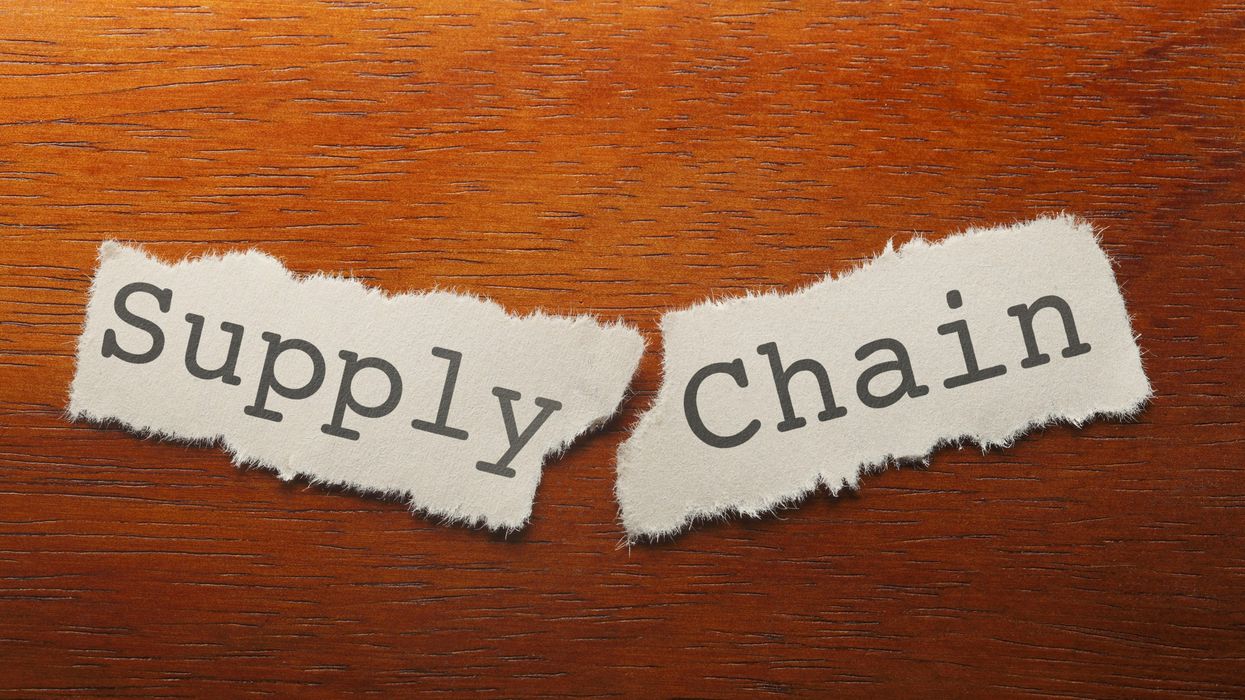JUST OVER ONE year ago, President Biden signed an executive order directing an “all-of-government approach” to assessing the status of the nation’s supply chains to repair disruptions that are currently plaguing businesses large and small. The order led to the creation of a new plan, based on a six-month study, that the administration announced on Feb. 24 and which has earned the approval of the U.S. Small Business Administration and AAHOA.
Biden’s order a year ago led to the creation of the Supply Chain Disruptions Task Force. The report includes data from seven cabinet agencies, the Departments of Defense, Homeland Security, Commerce, Energy, Agriculture, Transportation and Health and Human Services.
The administration announced additional actions to build long-term resilience across critical supply chains and formally institutionalize supply chain resilience.
“Central to this effort is implementing the Bipartisan Infrastructure Law, which is our nation’s most significant investment ever in modernizing the transportation systems on which our supply chains depend,” the administration said. “Looking forward, with the historic investments included in the landmark America Creating Opportunities for Manufacturing, Pre-Eminence in Technology, and Economic Strength Act, the United States Innovation and Competition Act and President Biden’s Build Back Better Agenda, these actions will strengthen our supply chains, grow domestic manufacturing, enhance our domestic workforce with a focus on good, union jobs, and help us outcompete China and the rest of the world."
Isabella Casillas Guzman, administrator of the SBA, praised the new action plans by the Biden administration.
“Time and again, President Biden has put small businesses and entrepreneurs at the forefront of America’s economic recovery, delivering historic levels of job creation and new business applications while taking critical steps that will strengthen our small business supply chains and bring down costs for everyday Main Street,” said Guzman. “The SBA is working across the Federal Government—including with our colleagues from the Departments of Defense, Transportation, Energy, Homeland Security, Commerce and Health and Human Services—to ensure our 32.5 million small businesses and startups can get the resources they need to continue to innovate and deliver the products and services we depend on and need to enhance America’s global competitiveness.”
Vinay Patel, AAHOA chairman, welcomed Biden Administration’s efforts to bolster supply chains in the U.S.
“Hoteliers, like any small business operators, depend on the influx of inventory to keep the lights on and the doors open. While grappling with the pandemic, labor shortages, and other compounding adversities, it is crucial to the basic functioning of small businesses nationwide that supply chains remain reliable," Patel said in a statement. "America’s hoteliers applaud the Biden administration and SBA Administrator Isabel Guzman for their results-based actions over the past year to ensure Main Street stays stocked and loaded.”
A survey by American Hotel & Lodging Association (AHLA) last year revealed that more than eight in ten hotels in the U.S. experienced difficulties in operations due to supply chain disruptions. Nearly three in four hotel operators say the disruptions are negatively impacting their business revenue.





